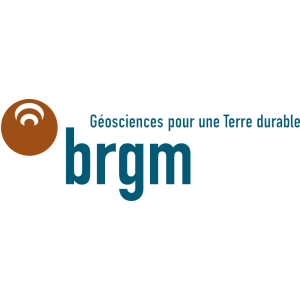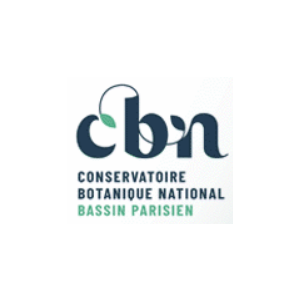
Document généré le 04/02/2026 depuis l'adresse: https://www.documentation.eauetbiodiversite.fr/fr/notice/Etude-de-matiere-humique-sedimentaire-par-application-de-la-technique-de-pyrolyse-chromatographie-liquide-chromatographie-gazeuse
Étude de matière humique sédimentaire par application de la technique de pyrolyse-chromatographie liquide-chromatographie gazeuse
Titre alternatif
Producteur
Contributeur(s)
Éditeur(s)
Gauthier-Villars
Identifiant documentaire
9-21029
Identifiant OAI
oai:archimer.ifremer.fr:21029
Auteur(s):
Noureddin, S,Vandenbroucke, M,Courtot, P
Mots clés
HUMIC SUBSTANCES
PYROLYSIS-LC-GC
RECENT ESTUARINE SEDIMENTS
ORIGIN OF HUMIC MATTER
Date de publication
01/01/1994
Date de création
Date de modification
Date d'acceptation du document
Date de dépôt légal
Langue
fre
Thème
Type de ressource
Source
Oceanologica Acta (0399-1784) (Gauthier-Villars), 1994 , Vol. 17 , N. 1 , P. 43-53
Droits de réutilisation
info:eu-repo/semantics/openAccess
Région
Département
Commune
Description
Preparative pyrolysis followed by liquid chromatographic separation and gas chromatography of hydrocarbons (Pyrolysis-LC-GC) were used to study the participation of terrestrial and/or aquatic compounds in the formation of humic substances in sediments. Analyses performed on humic substances from recent sediments sampled in the Elorn river estuary (France) show that these substances are similar in many respects to other lacustrine or marine humic substances, with regard, for instance, to their high nitrogen and sulphur content and their low aromaticity. Mass balances on pyrolysis products and group composition of the C-14+ fraction of the pyrolysates were performed. The distribution of the total alkane and alkene fraction, isocyclo alkanes and alkenes from these humic acid pyrolysates was compared to that of various reference humic acid pyrolysates. The biomarker study (distribution and hopanes/steranes ratios from humic acid pyrolysates) confirms the participation throughout the estuary of algal precursors in the formation of the studied compounds, irrespective of the location of the sampling zone (upstream, median or downstream part of the estuary).
Accès aux documents
0
Consultations
0
Téléchargements
































